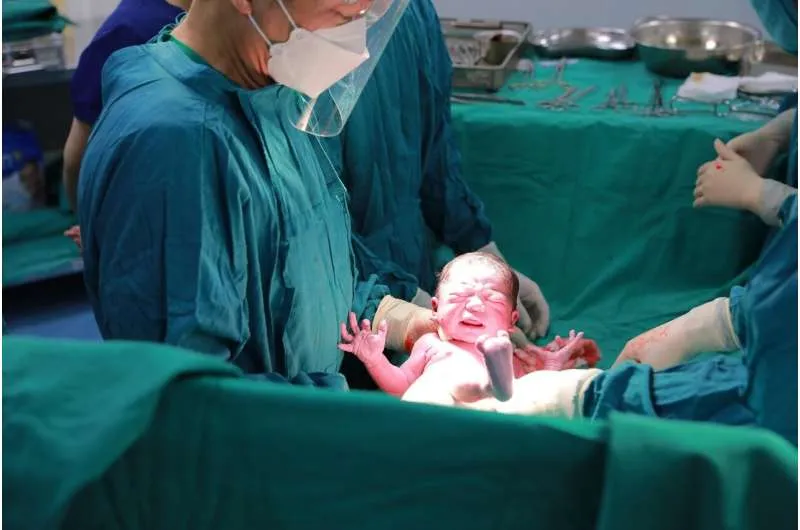A dangerous, rare yeast pathogen behind two outbreaks in a neonatal intensive care unit in Delhi is evolving quickly, and is highly resistant to disinfectants commonly used in hospital rooms, a study has found.
The pathogen, known as Lodderomyces elongisporus, typically infects immunocompromised adult patients or intravenous drug users, but has now begun to strike premature infants.
The findings, published in the journal mBio, show that while infected patients can be treated with antifungal medications, the yeast is remarkably resistant to the strong disinfectant bleach commonly used to sanitise hospital rooms.
The pathogen is evolving quickly and reproducing at a much higher rate than related pathogens such as Candida auris, a drug-resistant fungus that can cause persistent and severe infections and widespread outbreaks.
While an outbreak of this nature is relatively rare, invasive fungal infections in neonatal intensive care units are increasing significantly worldwide, the researchers said.
Fungal sepsis caused by the Candida species and other fungi has become a significant cause of illness and death in already vulnerable preterm, low birth-weight babies, they said.
In the Delhi outbreaks, clusters of infection occurred in the fall of 2021 and in early 2022. Despite repeated deep cleaning in the intensive care unit, 10 infants were infected over six months, the researchers said. Nine survived after being treated with antifungal medications, they said.
“The findings are worrisome because the hospital environment seems to be selecting for stress-resistant fungal pathogens. They are adapting and evolving very, very quickly,” said Jianping Xu, a professor at McMaster University and a lead author of the study.
Researchers at the University of Delhi’s V.P. Chest Institute took samples from the infants and swabbed the neonatal ICU. They found the railing and temperature-control panel of the open care warmer were contaminated with L. elongisporus.
Through genome sequencing, the team determined there were two closely related genotype clusters–one which spread from infant to infant and another found on the hospital equipment.















